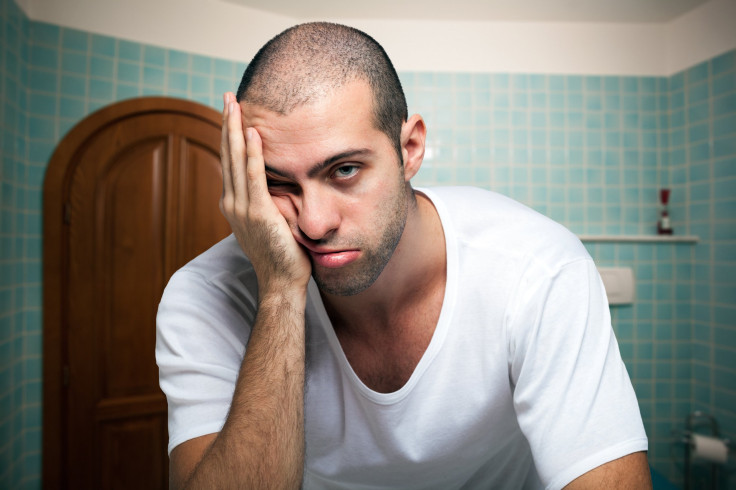Sleep Deprivation May Have Negative Effect On Self Control, Increasing Impulsivity And Distractedness

Sleep is incredibly influential when it comes to mental and physical health: It can fight depression and stress while reducing the risk of chronic diseases like type 2 diabetes, cancer, and heart disease.
It turns out that getting enough sleep and having a solid “sleep hygiene” schedule could protect your self-control as well. A new study out of Clemson University finds that people who aren’t getting enough sleep have a higher risk of being impulsive and distracted, as well as making poor decisions.
“Self-control is part of daily decision-making,” June Pilcher, Clemson Alumni Distinguished Professor of psychology, said in the press release. “Our study explored how sleep habits and self-control are interwoven and how sleep habits and self-control may work together to affect a person’s daily functioning.”
When you go days of getting only four to five hours of sleep a night, you begin to feel and look like a zombie: Bags seem to appear under your eyes overnight, aging you several years. Your hair is somehow more disheveled than normal. Walking up the stairs is so much more exhausting than usual and your productivity at work or school plummets. You likely make up for the lost energy with extra calories, particularly carbs and sugar, which will only make you crash and feel worse later — or gain weight over time.
Sleep deprivation sounds a lot like being drunk and hungover — and that’s because it is. Past research found that sleep-deprived people performed similarly on tests as individuals who had a blood alcohol concentration (BAC) level of 0.1 percent (which is equivalent to having several drinks). Consistent sleep deprivation impairs your cognitive ability and lowers your inhibitions, so you’re essentially being a slightly drunk person when you don’t get the right amount of rest.
The new study argues that sleep loss could have a wider impact than just your physical or mental health — it could negatively affect your work life and personal relationships, especially if it’s impairing your self-control. “Exercising self-control allows one to make better choices when presented with conflicting desires and opportunities,” Pilcher said in the press release. “That has far-reaching implications to a person’s career and personal life.”
Aside from maintaining sleep hygiene, or a consistent sleep schedule in which you go to bed at the same time and wake up at the same time (averaging about seven to eight hours a night), a good way to reverse the negative effects of sleep deprivation is to take naps. A recent study found that taking naps could reduce impulsivity and frustration.
"Many aspects of our daily lives can be affected by better-managed sleep and self-control capacity," Pilcher said. "Improved health and worker performance are two potential benefits, but societal issues such as addictions, excessive gambling, and overspending could also be more controllable when sleep deficiencies aren't interfering with one's decision making."
Source: Pilcher J, Morris D, Donnelly J, Feigl H. Interactions between sleep habits and self-control. Human Neuroscience. 2015.



























